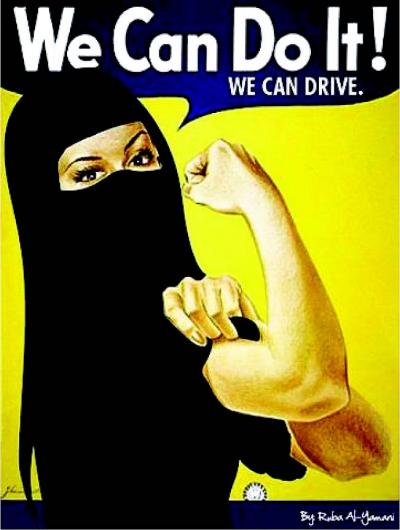The Arab Spring Breeze
 The past year was tumultuous for the world’s most volatile region, where revolution deposed of despots and authoritarian regimes throughout the Middle East and North Africa. These uprisings were driven by a young, restless population who became disillusioned by chronic unemployment, government corruption and, in some cases, tyranny.
The past year was tumultuous for the world’s most volatile region, where revolution deposed of despots and authoritarian regimes throughout the Middle East and North Africa. These uprisings were driven by a young, restless population who became disillusioned by chronic unemployment, government corruption and, in some cases, tyranny.
Through it all, the Kingdom of Saudi Arabia remained relatively unscathed. To date, the ruling class has pumped nearly $130 billion into local communities and provided individual stipends to help neutralize any opposition.
That’s unlikely to change anytime soon, says Daphne Hobson, director of the office of international programs at the College of Education.
She argues that most Saudis know what is going on beyond their borders, and they are acutely aware of what others think about their predicament. Social media and international news outlets have allowed an otherwise closed society to understand what is happening beyond the Middle East.
“For sure the youth has been impacted by views from around the world, but Saudi Arabia still remains a very conservative, tightly controlled country where change comes very slowly,” says Hobson, who has conducted professional development programs for educational leaders in Saudi Arabia, Jordan, Kuwait, Qatar, Lebanon and other Middle Eastern nations.
Women’s issues are extremely culturally sensitive in Saudi Arabia. “Society is governed by gender rules that date back 100 years. Men give women permission to travel, to work and to move,” Hobson says.
“When I lived in Saudi Arabia, I was not allowed to leave the country unless I had my husband’s permission.”
Today, more Muslim women are being educated and working in higher-level jobs. Yet they must be escorted in public by male guardians or by hired drivers. Hiring cars can be expensive, so many women are caught in a serious dilemma of how to get from home to work and back.
Despite these cultural and economic challenges, most Saudi women are proud of their Saudi nationality and Muslim identity, says Hobson. “They just need to find a way to be heard and to bring about change for more rights and equality."
“Unfortunately, the revolutionary winds that are sweeping the Middle East are only gentle breezes in Arabia.”